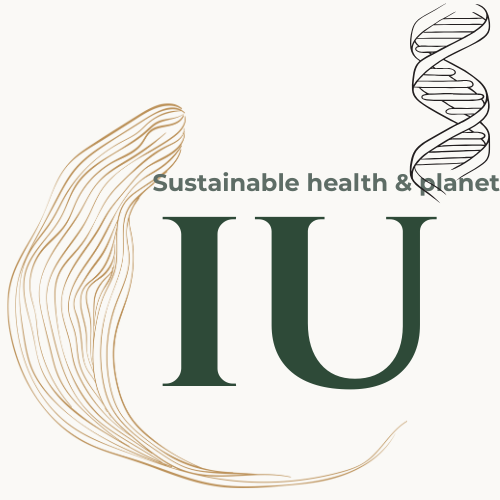Epigenetics, or why should we care about methylation
Many of us have heard the word “methylation” thrown around in wellness blogs, podcasts, or during checkups—but what does it really mean? And more importantly, why should you care?
Here’s the thing: methylation is like your body’s quality control manager. Imagine if every gene in your DNA was running at full speed all the time. Total chaos, right? Proteins would be produced unnecessarily, cells would miscommunicate, your immune system could get confused, and your detox pathways would be overloaded.
Methylation prevents that chaos. It’s a process where your body adds a tiny molecule, called a methyl group, to DNA and other molecules to switch off genes that don’t need to be active at the moment. Only a small fraction of your genes—roughly 5–10%—are expressed at any time, thanks to methylation. Without it, your body would be a mess of mixed signals.
And here’s the kicker: methylation isn’t just about genes. It’s central to everyday things you actually notice—your energy, mood, focus, and even how your body handles stress or detoxifies itself.
How methylation impacts your daily life
Methylation affects:
Detoxification – your liver’s superhero pathway for clearing toxins.
Neurotransmitter production – in particular, dopamine, serotonin, and norepinephrine, which keep you alert, focused, and emotionally balanced.
Immune cell communication – your body’s ability to fight infections and keep harmful microbes from taking over.
DNA repair – maintaining your cells’ integrity and protecting against mutations.
In short, methylation is a backstage operator making sure your body runs smoothly, quietly, efficiently—so you can function at your best, from work deadlines to family time.
The role of B vitamins and methyl donors in this story
Now, here’s where nutrition comes into play. Methylation relies on methyl donors—nutrients that literally donate methyl groups for this process. And many of these come from the foods you eat.
Key methyl donors include:
Folate (Vitamin B9) – leafy greens like spinach, kale, asparagus, Brussels sprouts, rocket leaves and other similar dark green leaves.
Vitamin B12 (methylcobalamin) – fish, shellfish, eggs, grass-fed meat, and fortified plant-based sources.
Choline – eggs, soy, cruciferous vegetables, some nuts.
Methionine (essential amino acid) – eggs, fish, meat, sesame seeds, Brazil nuts.
Co-factors that help methylation work efficiently:
Magnesium – enzyme activity.
Zinc – DNA repair and immune signaling.
Vitamin B6 – neurotransmitter synthesis.
Think of it this way: methyl donors are the fuel, cofactors are the spark plugs, and methylation is the engine making sure your body operates optimally.
Methylation-friendly nutrition: how to structure your day
Now, that’s all nice and fine, but how does that transform into our meals, right? Supporting methylation doesn’t have to be complicated. Here’s an example of a day plan that hits the key nutrients (of course, that is the core that can and should be supplied with other ingredients, according to your personal nutrition plans):
Breakfast:
Spinach & kale omelet (folate + B12)
Avocado slices (healthy fats)
Brazil nuts (methionine + selenium)
Lunch:
Baked salmon salad with asparagus, pumpkin seeds, and mixed greens (B12, folate, choline, magnesium)
Olive oil dressing
Snack:
Hummus with carrot sticks (folate + magnesium)
Walnuts (methionine + zinc)
Dinner:
Roasted chicken or tofu (methionine + B12)
Steamed broccoli & Brussels sprouts (folate + choline)
Quinoa or buckwheat (magnesium + methionine)
Bonus tip: Hydrate with water or herbal teas to support liver detox pathways, complementing methylation.
When you support methylation, you’re not just “eating for genes.” You’re enhancing focus, immunity, detox, and cellular repair. It’s a sustainable, practical way to boost daily energy, productivity, and resilience, using food and nutrients your body actually needs.
Methylation is subtle but powerful—like a backstage crew keeping a concert running flawlessly. Feed it the right nutrients, and your body will perform like a well-tuned orchestra.
